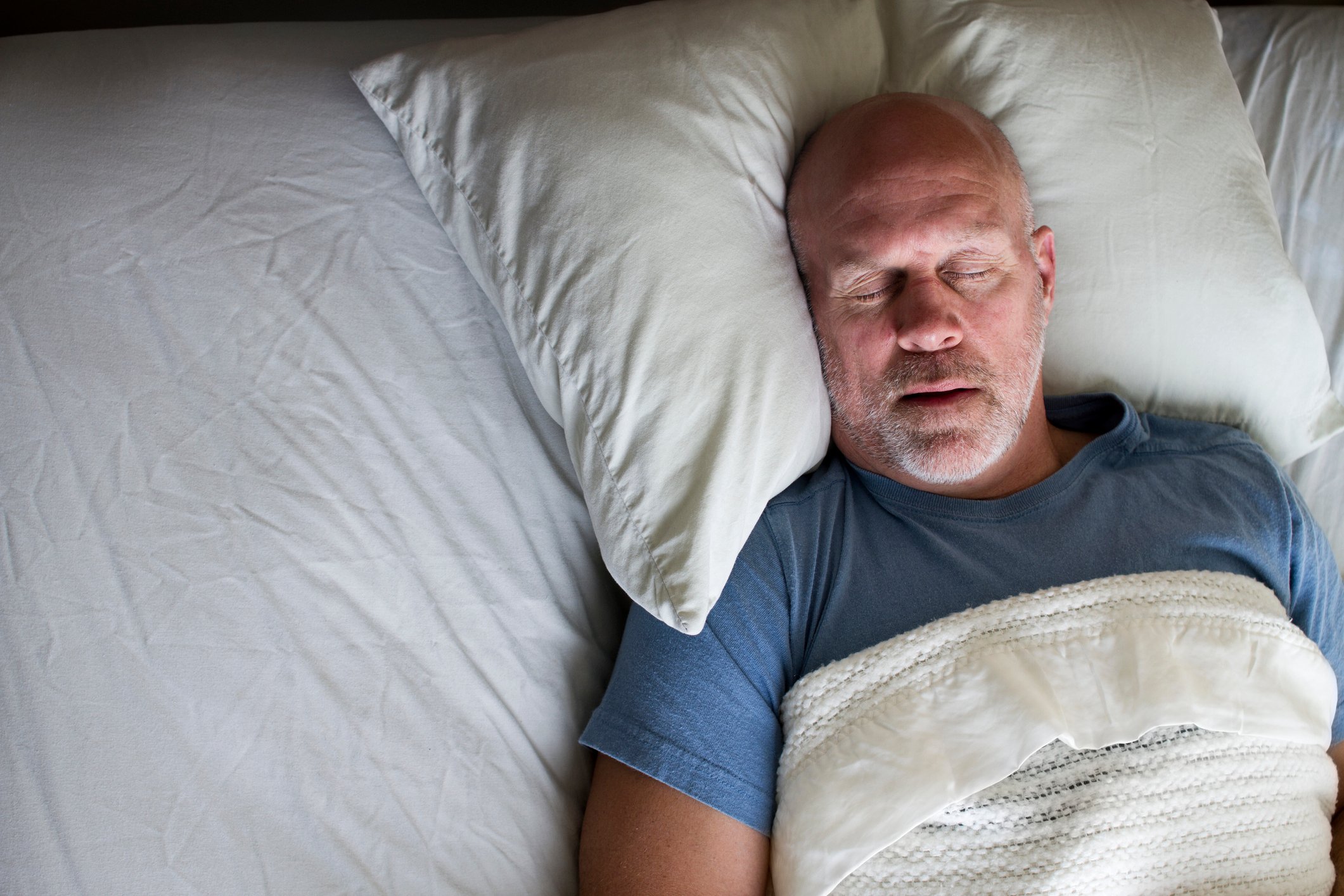Poor quality sleep or lack of sleep may affect your physical and emotional health. Sleep deprivation can increase your risk of being overweight or obese, which is a risk factor for developing diabetes.
When feeling tired you may eat more—especially high-sugar foods that can elevate your blood glucose levels. A study published in Obesity showed elevated levels of ghrelin are associated with a higher calorie intake, especially from carbohydrates. Ghrelin is an appetite-regulating hormone.
The National Sleep Foundation reports that sleep deprivation can increase the risk of Type 2 diabetes. Lack of sleep can cause less insulin to be released into the body after eating. Too little insulin may cause high blood glucose levels because the body can no longer move glucose from the blood into the cells. Another affect of sleep deprivation is an increased release of cortisol, which helps you to remain awake. Cortisol is often referred to as a stress hormone.
The Fukuoka Diabetes Registry examined the relationship between sleep duration, obesity, and the glycemic level in type 2 diabetic patients. It was found that total energy intake, insulin use, and length of diabetes diagnosis resulted in longer sleep duration. Participants with depressive symptoms along with decreased activity levels and increased BMI were found to sleep for a shorter duration. It was also found that individuals who slept for a shorter and longer duration had higher A1C levels.
The National Sleep Foundation recommends adults between 18-64 years old sleep between 7-9 hours each night, where older adults, 65 years or older, should aim for 7-8 hours a night.
If you notice you are not getting adequate sleep, try these tips to aim for more shut eye.
Create the right environment for sleep
Set up your bedroom to be a relaxing area that is both dark and comfortable. Limit use of TV, phones, computers, or tablets in the bedroom.
Choose a supportive pillow and mattress
The Sleep Help Institute recommends replacing your mattress after 7-10 years, or if you frequently wake up stiff and sore.
Create a relaxing bedtime routine
Limit snacking and physical activity prior to bedtime. Set a goal to relax by a certain time each night. Read a book or magazine. Meditate or enjoy a relaxing bath.
Limit caffeine intake late in the day
Caffeine stimulates your nervous system which may affect your ability to relax at night.
Decrease long daytime naps
Sleeping too much during the day may affect your ability to fall asleep effectively in the evening.
Create a sleep schedule
Be consistent with when you wake up and fall asleep. Aim for regular sleep and wake cycles during the week and on the weekends.
Exercise regularly during the day
Exercise may help decrease your stress and boost your mood, allowing you to relax more prior to bedtime.
May is Better Sleep month. Begin this May by aiming for better sleeping habits!
